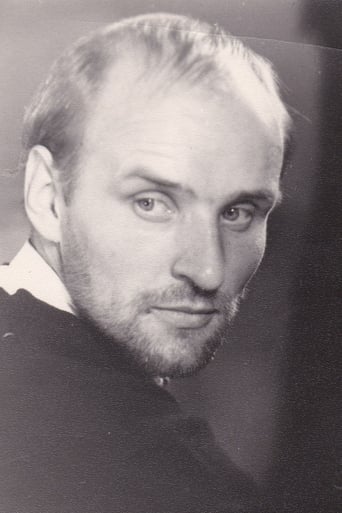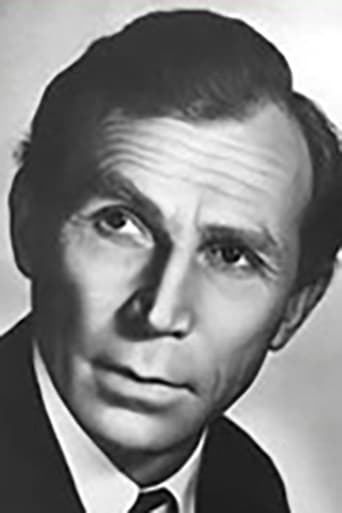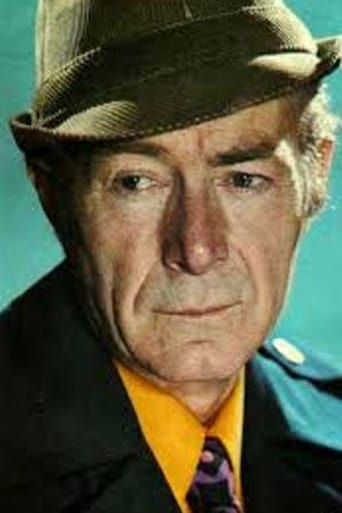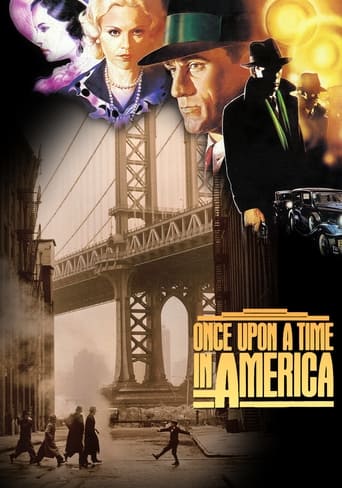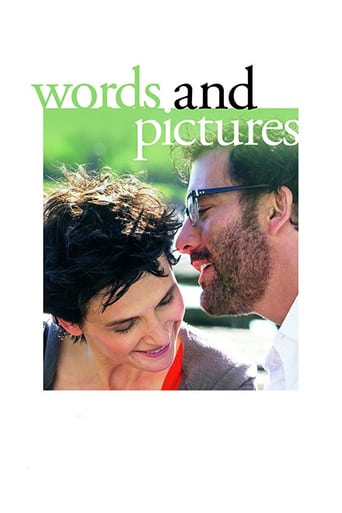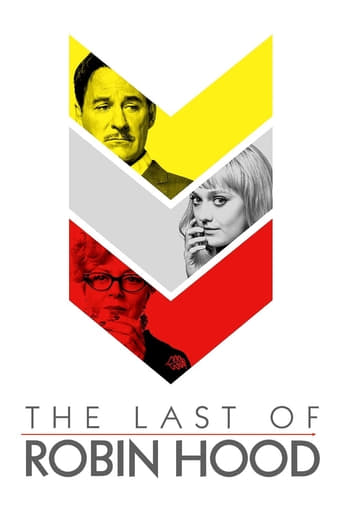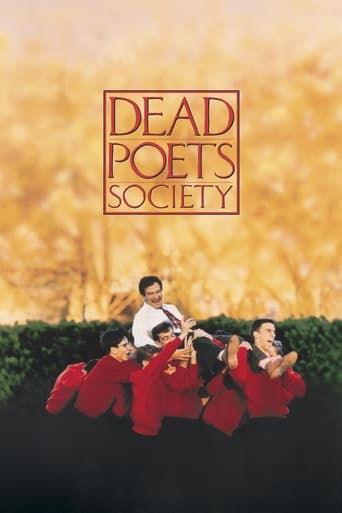
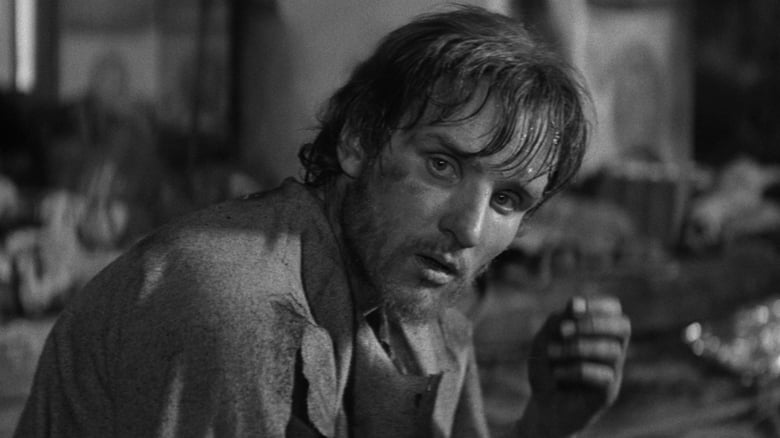
Andrei Rublev (1973)
An expansive Russian drama, this film focuses on the life of revered religious icon painter Andrei Rublev. Drifting from place to place in a tumultuous era, the peace-seeking monk eventually gains a reputation for his art. But after Rublev witnesses a brutal battle and unintentionally becomes involved, he takes a vow of silence and spends time away from his work. As he begins to ease his troubled soul, he takes steps towards becoming a painter once again.
Watch Trailer
Cast
Similar titles

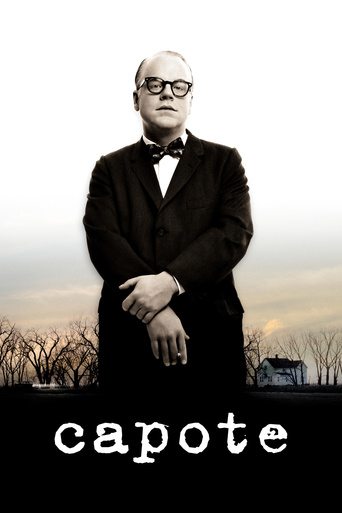
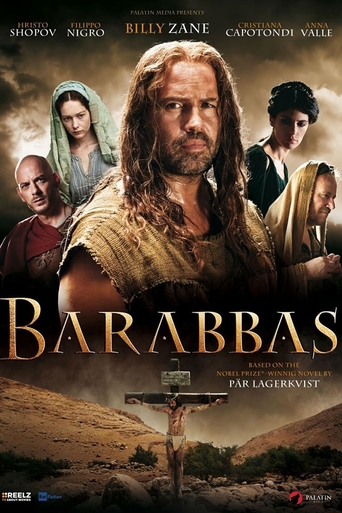
Reviews
So much average
Easily the biggest piece of Right wing non sense propaganda I ever saw.
The story, direction, characters, and writing/dialogue is akin to taking a tranquilizer shot to the neck, but everything else was so well done.
By the time the dramatic fireworks start popping off, each one feels earned.
Tarkovsky's magnum opus. Made way back in 1966, the visuals are still awe inspiring. An epic retelling of the life of the painter-monk set in turbulent medieval Russia. Tarkovsky paints Rublev as almost an Christ-like figure who repents for the sins mankind commits and uses themes of artistic freedom, religion, art under authoritarian regime. Controversial at the time of it's release, a strong spiritual movie from the atheistic USSR, today this is an undisputed Masterpiece. Arguably the Russian Auteur's best work.
Bergman wrote in his autobiography, this is the best film ever made and I find it very difficult to disagree. After watching Tarkovsky's films one cannot be the same person unless he is completely dry inside. I can find so few films that can stand beside Andrei Rublev! and many of them are again Tarkovsky's! We are so grateful for all this man left us - and it is only 7 films. Others would make dozens and would not reach Tarkovsky even if they lived a thousand years. The distances inside this man's work are simply immense.
The film's final version, shown on Canne film festival and shown in many countries afterwards, is titled "Andrei Rublev". So-called "original version" today was titled "Passion according to Andrei"(Страсти по Андрею). I think that they are different films, and all shortcomings that many reviewers of "Andrei Rublev" pointed out are far more obvious in that "original version" (which was released on DVD,unfortunately, by "Criterion", famous level among cinema lovers).Tarkovsky himself, after his emigration to West, never complained as if Soviet authorities had spoiled his film by forcing him to re-edit it.Of course he knew that the long period of re-editing, which was really annoying for him at first, allowed him to clear up surplus shots and episodes(including those of lengthy animal abusing, of wrestling of Great Prince with his younger brother on snow) and to correct inadequate editing(especially that of "Bell").So I recommend everyone to watch "re-edited"version, which is really "Andrei Rublev", and not to see lengthy 3 hours and 26 minutes "original version" which is half-made product. But if you are interested in the practical technique of editing film, maybe comparing these two films is useful. My rating is for "Andrei Rublev", which was a favorite film of I. Bergman and is probably still so for many other filmmakers.
This is the second of Tarkovsky's films that I've seen, and on first viewing I can detect deep and very individual stylistic similarities with "Stalker." But "Andrey Rublev" is a still broader and deeper film, and I can also tell on first viewing that I will want to watch it again, and that the opportunity to do so will uncover worlds more. In fact, this is a difficult comment to write because it seems like any attempt to encapsulate the experience of this film in less that it's slow, still, and sometimes turbulent full length would be in vain. This is ostensibly a film about the medieval Russian painter Andrey Rublev, but Tarkovsky has taken the opportunity to make it a film that is really simultaneously a stunningly full portrait of the both loft and low Russia of his day, and a meditation on the nature of power, art, and religious faith.It moves at a deliberately very slow pace, but in every long, still shot where life is allowed to play out without the boundaries imposed by quick cuts, something subtly and revealingly fascinating goes on. We follow a half-nonsense peasant dance, for example, for longer than we would ever expect in a film, and that length is at once uncomfortable an very revealing. It's beautifully photographed, and must have had lavish resources behind its simple-looking recreation of a rural Russia of centuries ago. It's easy to see why the Soviet government was divided and eventually changed its mind on the release of such a beautiful film, honoring a national hero, but showing Christianity favorably in contrast to the invaders and questioning art's subservience to authority. I know I'll be rewarded again by letting the scope of this film wash over me, and letting the various elements making up the conversations on its thematic elements work against each other in my mind in new ways each time. In that way, it is, though much more laconic, reminiscent as some have observed of Dostoevsky.
